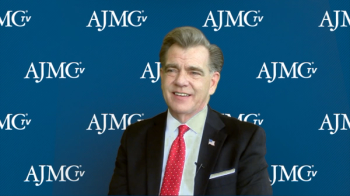
An increasing emphasis on prevention is shifting the mindset around pediatric nephrology, and findings from ongoing studies will further expand the evidence base, said Tammy Brady, MD, PhD, medical director of the Pediatric Hypertension Program and associate professor of pediatrics at Johns Hopkins University.











